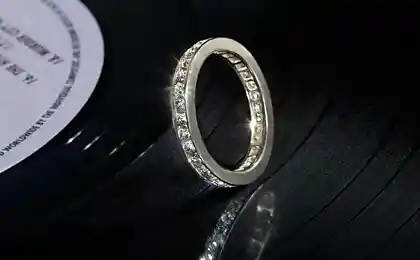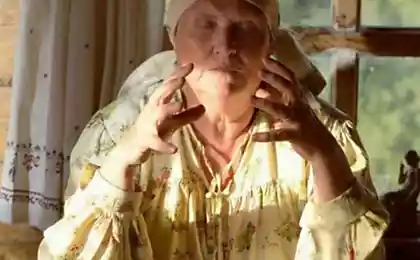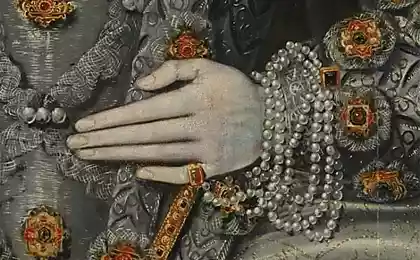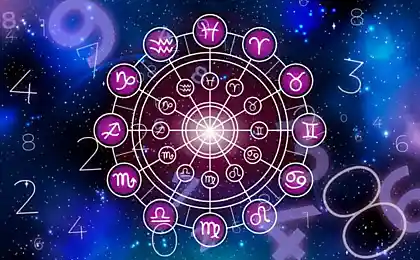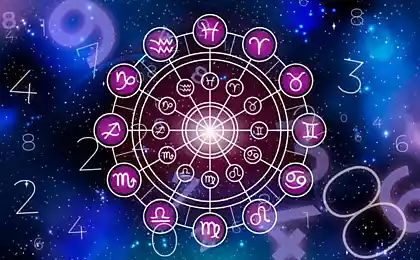178
On what days should you not wear diamonds?
Sooner or later, we all have to attend a funeral. There are many nuances that you don’t know about until you have to face this sad event. For example, how to behave, what to wear and what rules to follow.
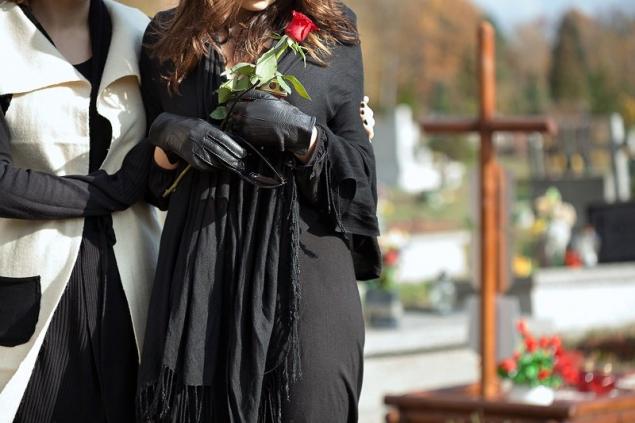
Today's edition. "Site" tells traditionHow to protect yourself on the day of the funeral.
The rite of farewell to the dead is held all over the world, it is an ancient tradition. All this is done in order to pay respect and respect to the deceased. In different countries and even in certain regions, funeral rituals vary, but their essence remains unchanged: loved ones come together to say goodbye to the deceased and take him on his last journey.
Someone also sees this ritual as an informational message. He reminds those present that we are not eternal, and life is fleeting. It makes someone think about their path and reconsider their views on life. In any case, this ritual is an important part of our culture.
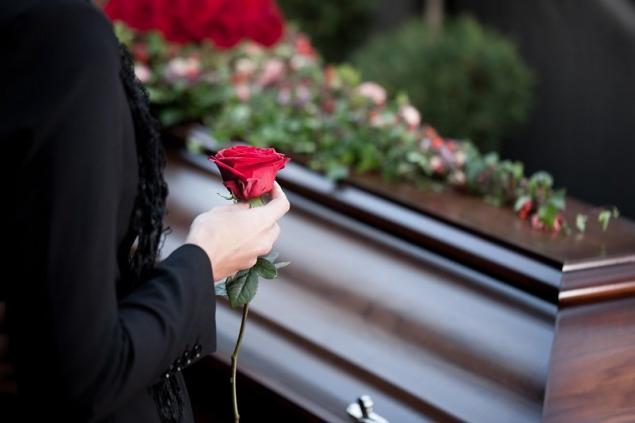
For many centuries, the rite of farewell has acquired a mass of traditions, rules and other conventions. Let's take a look today. Orthodoxy. The Church perceives death as a transition from earthly life to eternal life. To get to heaven, a person must go through several mandatory stages.
If an imminent death is foreseen, the person must confess and commune. Before death, the priest conducts the sacrament of conciliation, forgives the dying sins and communes him. Then he reads a prayer before he dies.
When a person dies, he is washed with clean water and wiped dry so that he appears clean before God. After that, he was dressed and covered with a shroud. An hour before the removal of the coffin, the priest sprinkles the coffin and body with holy water and conducts a funeral service.
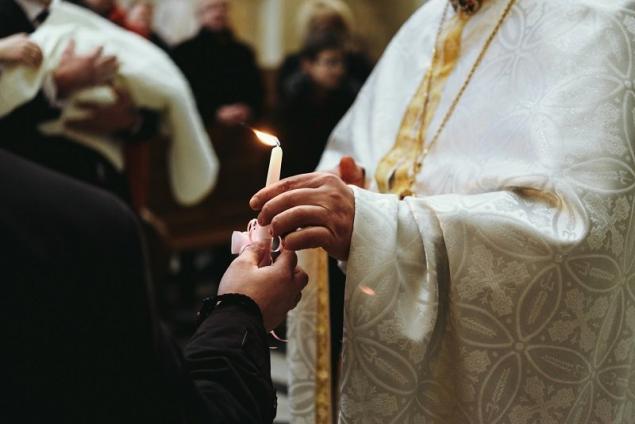
Already at the cemetery, the priest reads a series of prayers and chants, which is called a funeral. After all these rites it is believed that the deceased can find eternal life in another world. This is the part of the rites that are approved by the church and should be observed.
All other strange rules and rituals are just folk superstitions. If you believe it and it makes you feel better, you can follow it. Neither the church nor the clergy approve. Although it is worth admitting that different signs are firmly rooted in our minds.
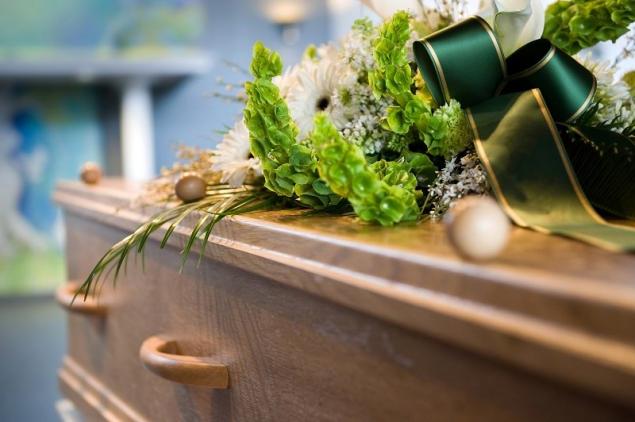
However, even without superstitions, there are many questions to which no one gives an unambiguous answer. For example, many people ask if it is necessary to kiss the deceased during goodbye. And we decided to clarify this issue not only in terms of superstitions.
Let's start with the most rational side of the question - medical. 9 hours after death, irreversible processes of tissue destruction begin to occur in the human body. They can be slowed by cold or special chemicals, but it is impossible to stop them completely.
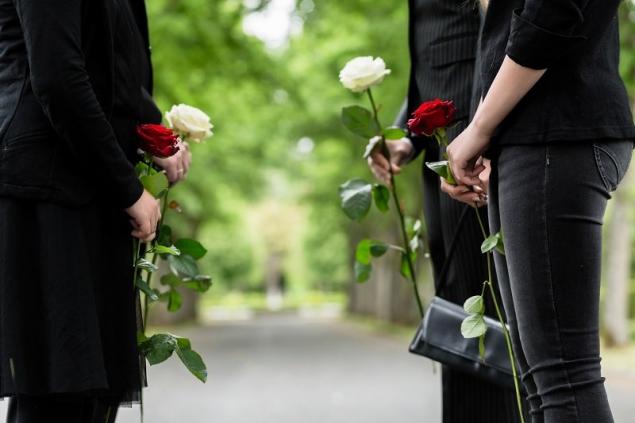
There are a number of bacteria that begin to develop after death and spread around the deceased. Contact with the deceased can be dangerous. When in contact with the mucosa, these bacteria and toxins can cause different reactions. This is especially dangerous for the body weakened by stress.
This is why doctors do not recommend kissing the dead. A person can die not only from injuries or cardiovascular diseases, but from serious bacterial and viral infections. And when they die, they don't disappear. There's still a risk of infection.

It is dangerous to kiss someone who has died of cancer. Often these patients are treated with high doses of radiation. This can be very dangerous, even though grieving relatives do not think about it in the moment of grief.
In the Orthodox tradition, there is no ritual that makes you kiss the deceased. If desired, the relatives of the deceased can kiss a special crown on the forehead. Before the funeral, a corolla (wide ribbon of paper or fabric) is placed on the forehead of the deceased.
After the funeral, at farewell before the funeral, all those present can come to the deceased and kiss a crown on the forehead or an icon placed near the left hand. It is safe from a medical point of view.
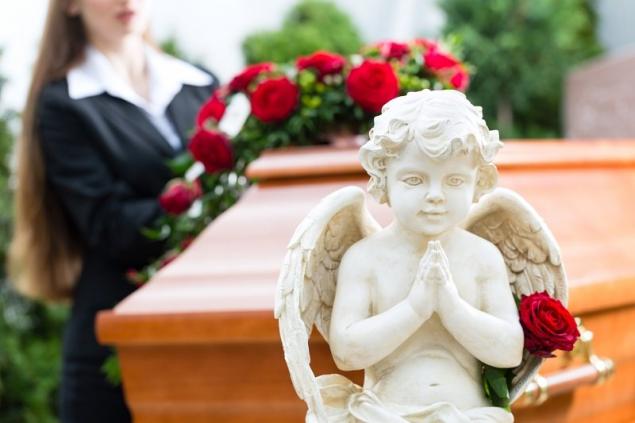
From a mystical point of view, it is also not recommended to kiss the deceased, especially on the lips. It is believed that after this, a person can become ill or suffer from anxious dreams for a long time. However, this is due to normal stress and the body’s natural response to loss.
It is clear that in moments of grief, especially when you lose the closest people, you do not think about it. Here, rather, you need to do as you see fit. Do not do anything under duress, so as not to aggravate the injury from the loss of a loved one. Do as your heart tells you.
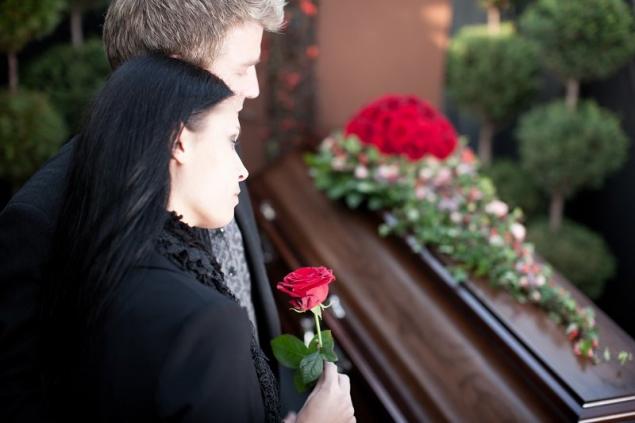
The funeral itself is an emotionally complex and depressing event. Even when you’re at the funeral of someone you’re not close to, you feel that energy. This is natural, because during the funeral there is a huge exchange of energy between the mourners.
Scientists say that there is no more vivid feeling than what a person experiences when they hear about death. And all these feelings that people experience at funerals create negative energy. Experts say that, falling under its influence, you can harm yourself.
Even people who are engaged in the funeral, note that it is necessary to take care of energy protection. First of all, you need to imagine a shield around you that protects from the surrounding energy. You need to screen all the negativity coming from people.
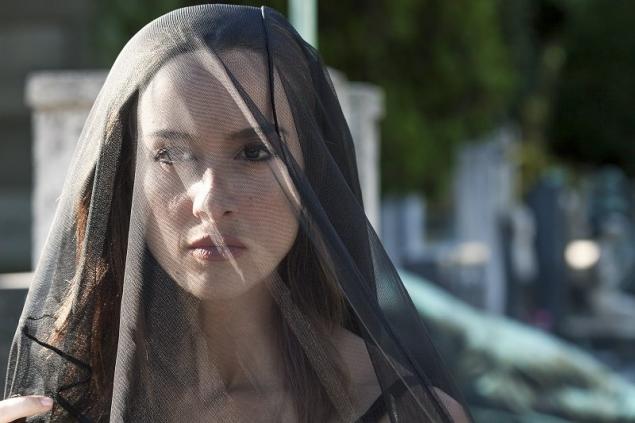
It is also recommended to wear some kind of metal clip or pin a hairpin to the inside of the clothes so that it absorbs this negative into itself. You can just throw it away later. That way you can keep yourself safe.
For the same reason, women are not recommended to wear diamond jewelry at funerals. These stones are very powerful and strong, they can absorb an incredible amount of energy. Even a small diamond ring can accumulate energy, and then spoil your health.

It is difficult to call this superstition, although it is quite difficult to confirm the veracity of these statements. If you’re an energetically sensitive person and you’re picking up all these streams, then it’s best to take advice. It all depends on what you believe in.
Earlier, we wrote what to do if you have a close person dies and who you need to contact.
And we also talked about what is forbidden to do, seeing off a loved one on the last journey.
What do you think about that? Tell me in the comments.

Today's edition. "Site" tells traditionHow to protect yourself on the day of the funeral.
The rite of farewell to the dead is held all over the world, it is an ancient tradition. All this is done in order to pay respect and respect to the deceased. In different countries and even in certain regions, funeral rituals vary, but their essence remains unchanged: loved ones come together to say goodbye to the deceased and take him on his last journey.
Someone also sees this ritual as an informational message. He reminds those present that we are not eternal, and life is fleeting. It makes someone think about their path and reconsider their views on life. In any case, this ritual is an important part of our culture.

For many centuries, the rite of farewell has acquired a mass of traditions, rules and other conventions. Let's take a look today. Orthodoxy. The Church perceives death as a transition from earthly life to eternal life. To get to heaven, a person must go through several mandatory stages.
If an imminent death is foreseen, the person must confess and commune. Before death, the priest conducts the sacrament of conciliation, forgives the dying sins and communes him. Then he reads a prayer before he dies.
When a person dies, he is washed with clean water and wiped dry so that he appears clean before God. After that, he was dressed and covered with a shroud. An hour before the removal of the coffin, the priest sprinkles the coffin and body with holy water and conducts a funeral service.

Already at the cemetery, the priest reads a series of prayers and chants, which is called a funeral. After all these rites it is believed that the deceased can find eternal life in another world. This is the part of the rites that are approved by the church and should be observed.
All other strange rules and rituals are just folk superstitions. If you believe it and it makes you feel better, you can follow it. Neither the church nor the clergy approve. Although it is worth admitting that different signs are firmly rooted in our minds.

However, even without superstitions, there are many questions to which no one gives an unambiguous answer. For example, many people ask if it is necessary to kiss the deceased during goodbye. And we decided to clarify this issue not only in terms of superstitions.
Let's start with the most rational side of the question - medical. 9 hours after death, irreversible processes of tissue destruction begin to occur in the human body. They can be slowed by cold or special chemicals, but it is impossible to stop them completely.

There are a number of bacteria that begin to develop after death and spread around the deceased. Contact with the deceased can be dangerous. When in contact with the mucosa, these bacteria and toxins can cause different reactions. This is especially dangerous for the body weakened by stress.
This is why doctors do not recommend kissing the dead. A person can die not only from injuries or cardiovascular diseases, but from serious bacterial and viral infections. And when they die, they don't disappear. There's still a risk of infection.

It is dangerous to kiss someone who has died of cancer. Often these patients are treated with high doses of radiation. This can be very dangerous, even though grieving relatives do not think about it in the moment of grief.
In the Orthodox tradition, there is no ritual that makes you kiss the deceased. If desired, the relatives of the deceased can kiss a special crown on the forehead. Before the funeral, a corolla (wide ribbon of paper or fabric) is placed on the forehead of the deceased.
After the funeral, at farewell before the funeral, all those present can come to the deceased and kiss a crown on the forehead or an icon placed near the left hand. It is safe from a medical point of view.

From a mystical point of view, it is also not recommended to kiss the deceased, especially on the lips. It is believed that after this, a person can become ill or suffer from anxious dreams for a long time. However, this is due to normal stress and the body’s natural response to loss.
It is clear that in moments of grief, especially when you lose the closest people, you do not think about it. Here, rather, you need to do as you see fit. Do not do anything under duress, so as not to aggravate the injury from the loss of a loved one. Do as your heart tells you.

The funeral itself is an emotionally complex and depressing event. Even when you’re at the funeral of someone you’re not close to, you feel that energy. This is natural, because during the funeral there is a huge exchange of energy between the mourners.
Scientists say that there is no more vivid feeling than what a person experiences when they hear about death. And all these feelings that people experience at funerals create negative energy. Experts say that, falling under its influence, you can harm yourself.
Even people who are engaged in the funeral, note that it is necessary to take care of energy protection. First of all, you need to imagine a shield around you that protects from the surrounding energy. You need to screen all the negativity coming from people.

It is also recommended to wear some kind of metal clip or pin a hairpin to the inside of the clothes so that it absorbs this negative into itself. You can just throw it away later. That way you can keep yourself safe.
For the same reason, women are not recommended to wear diamond jewelry at funerals. These stones are very powerful and strong, they can absorb an incredible amount of energy. Even a small diamond ring can accumulate energy, and then spoil your health.

It is difficult to call this superstition, although it is quite difficult to confirm the veracity of these statements. If you’re an energetically sensitive person and you’re picking up all these streams, then it’s best to take advice. It all depends on what you believe in.
Earlier, we wrote what to do if you have a close person dies and who you need to contact.
And we also talked about what is forbidden to do, seeing off a loved one on the last journey.
What do you think about that? Tell me in the comments.





